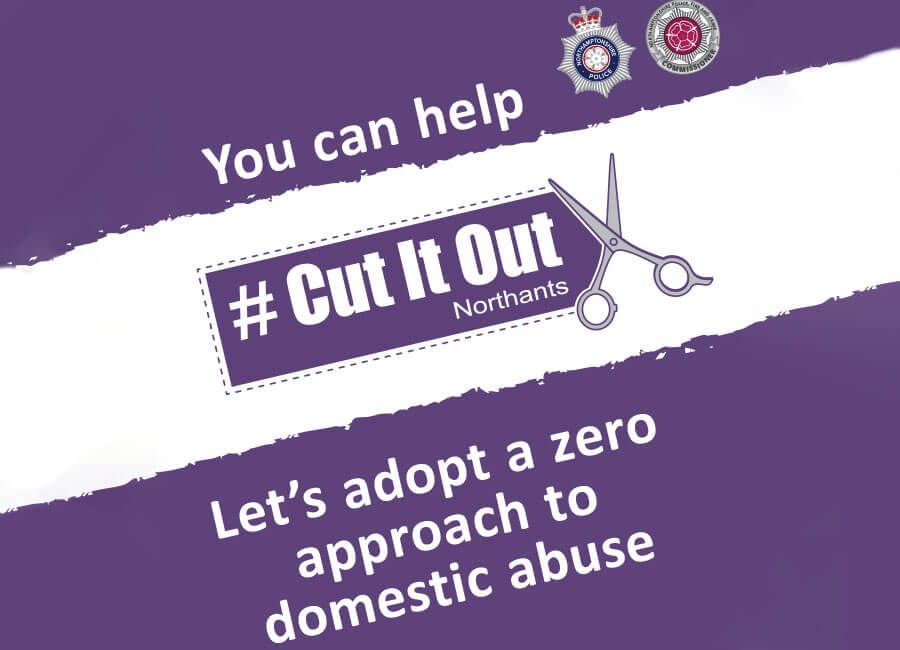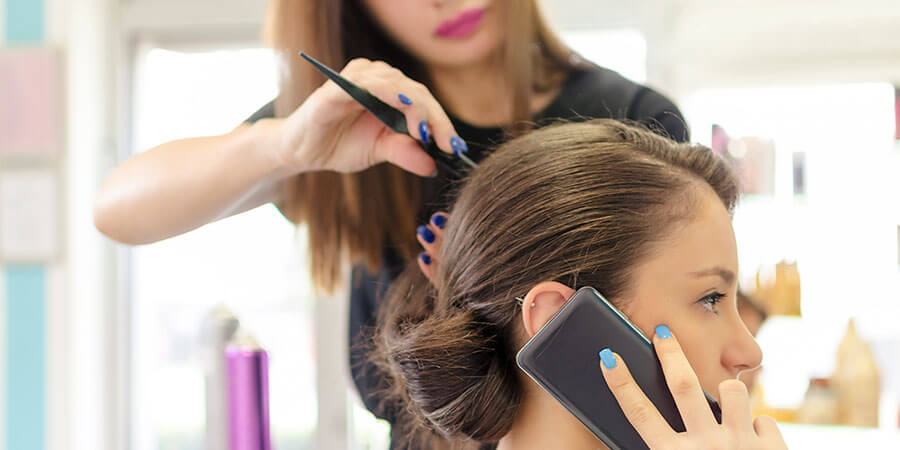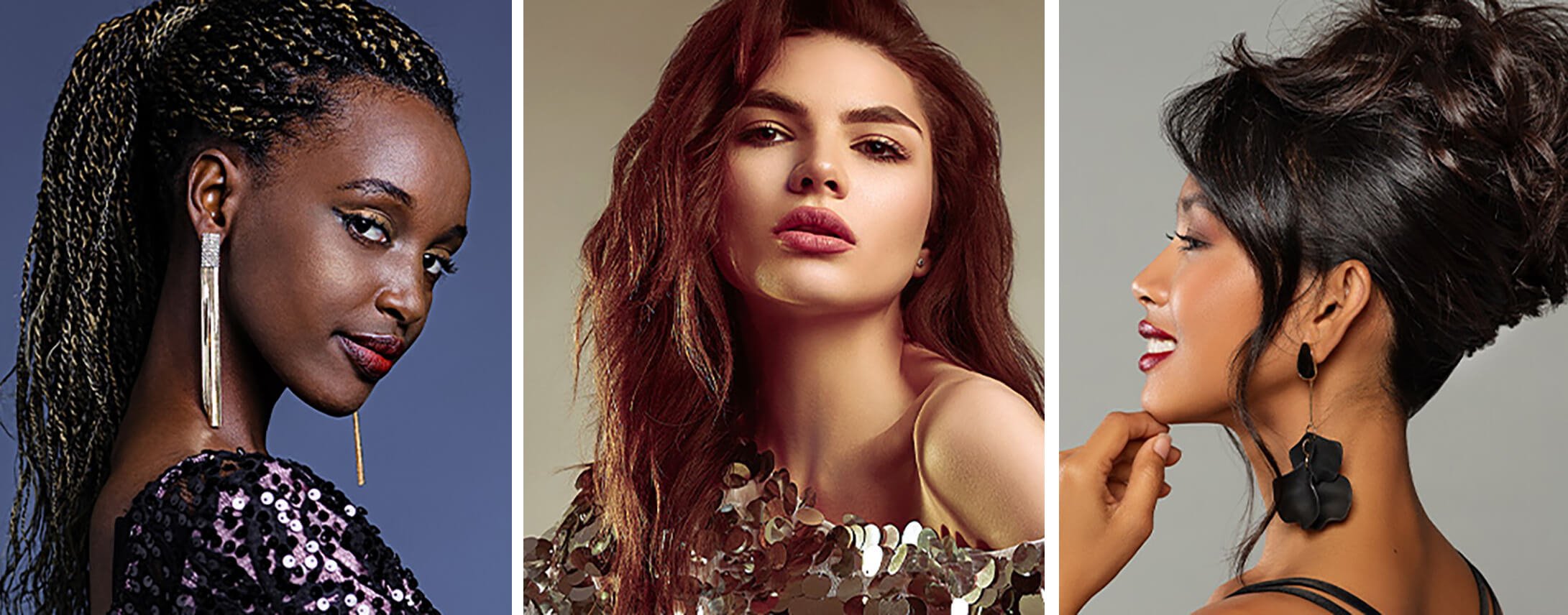Spotting the signs of domestic abuse in your salon clients


Domestic abuse affects one in four women and one in six men in their lifetime. And now a new campaign has been launched to help hair and beauty professionals spot the signs a client may be experiencing domestic abuse.
Nadia Norman, a Police Community Support Officer who is leading the Cut It Out campaign in Northamptonshire, says, “A lot of the people I spoke to about domestic abuse thought it meant physical violence. They didn’t understand about controlling and coercive behaviour, they didn’t understand what support services were available.
“We want to equip hair and beauty professionals to recognise the signs of domestic abuse and awareness of where they can signpost clients to get help.”

What is domestic abuse?
According to the charity Women’s Aid, domestic abuse is “an incident or pattern of incidents of controlling, coercive, threatening, degrading and violent behaviour, including sexual violence.”
It’s either carried out by a current or former partner, a family member or a carer. It could include:
- Coercive control
- Psychological or emotional abuse
- Financial abuse
- Online abuse
- Harassment or stalking
- Physical or sexual abuse
“Our aim is that as many salons, mobile hairdressers, beauticians and freelance technicians have the opportunity to come to a session and learn about what domestic abuse is and what they can do to recognise the signs.”

What is the #CutItOut Campaign?
The Cut It Out campaign first launched in Norfolk after Kerri McAuley was killed by her abusive partner.
Nadia says, “A few weeks before she died in 2017, Kerri had confided in her hairdresser that she thought her ex-partner was going to kill her. A review into her death found there was a lack of awareness of where people can go for information and support.”
The campaign, which has since launched in Rochdale and Northamptonshire, is aimed at training hair and beauty professionals to recognise if a client is a victim of domestic abuse.
The free Cut It Out training sessions include learning the signs of domestic violence and abuse, advice on how to open the conversation with clients and also information on the different places they can contact for support.
Nadia says, “Our aim is that as many salons, mobile hairdressers, beauticians and freelance technicians have the opportunity to come to a session and learn about what domestic abuse is and what they can do to recognise the signs: both physical and emotional.
“Our Cut It Out programme will also equip them with knowledge about how they can support their client. We had 160 people turn up to our launch event which was amazing. They’ve gone out and shared it with their clients, friends and family.”
What are the domestic abuse signs to look out for?
It’s not always obvious if someone is suffering from domestic abuse. And this is why hairdressers and beauticians are ideally placed to spot things other people might miss. Nadia says, “The hair and beauty industry is such a personal service. It’s usually the same salon you’ve been to a long time or you’ve been recommended by a friend, so there is always that personal link.
“Because of your close proximity you’ll see things other people might not notice: hidden bruises, flinching or nervousness, receiving a ridiculous number of phone calls or texts. You might also see changes in behaviour or things that are said that might point towards a controlling and coercive partner.”
How can I support my client if they’re experiencing domestic abuse?
There are a number of support services you can suggest, including the National Domestic Abuse Helpline.
#CutItOut salons will get a badge for the window to show that it is a safe space. “Everyone who takes part in the training will also get a pin badge which is a great way to start a conversation with your client” says Nadia. “It can be awkward starting conversations about domestic abuse but this way you can talk about your training and then offering support phone numbers if you think your client needs them.”
Even if you don’t live in an area that has the Cut It Out campaign, you can contact your local council or police to get a list of support services for anyone experiencing domestic abuse.
What other support is available for hair and beauty professionals?
The Cut It Out programme also provides ongoing support for anyone who has done the training.
Nadia adds, “Some of the domestic abuse cases are going to be really emotional and really trying. We don’t want to throw all this information at hair and beauty professionals and not support them in that process. We want them to be able to contact us and ask for help. It’s about that empowerment. They are there to support anybody whether they are a victim or someone who wants to help someone.”
If you want to find out more, or sign up for the Cut It Out training, contact CutItOut@northants.pnn.police.uk.


